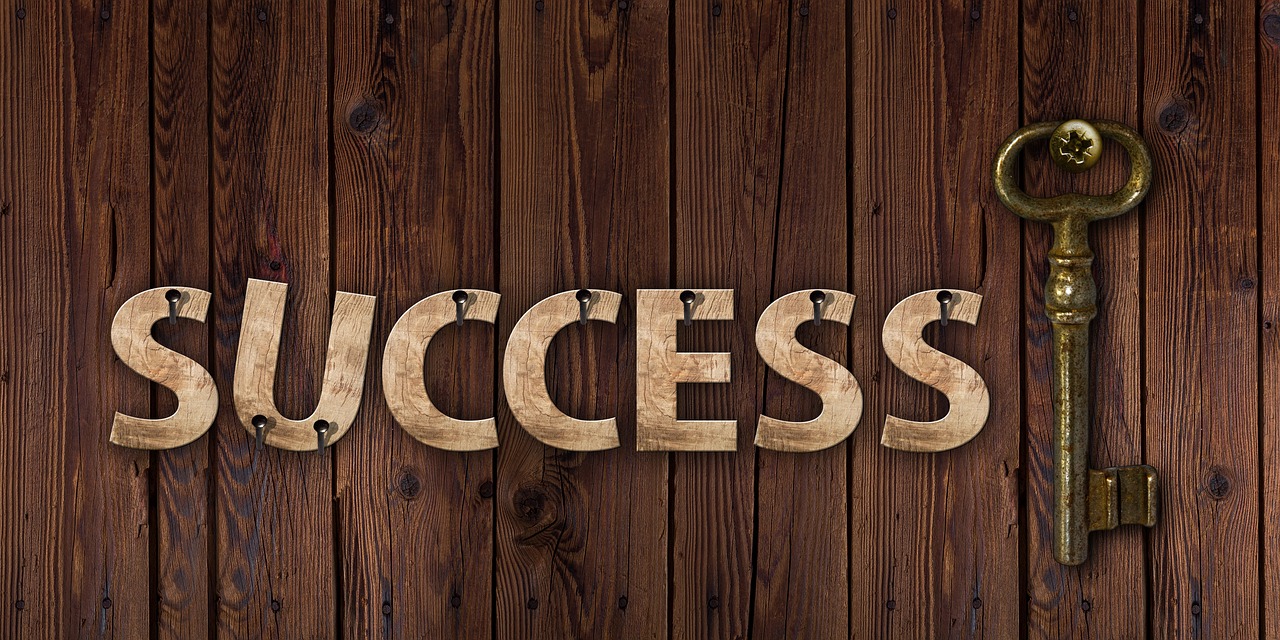
The Hustle Culture Explained
Hustle culture often glorifies relentless work and busyness as indicators of success. While many people proudly declare, “I’m just hustling hard right now, ” this mindset can mask deeper issues such as burnout, lack of focus, and misdirection. The key point to understand is that hustle may not equate to true progress; rather, it can lead individuals on a frantic chase without a clear destination. The real question we should be asking is whether this constant motion is genuinely productive or simply a facade for deeper dissatisfaction and disorganization.
The Illusion of Productivity
Hustle creates an illusion of productivity. It feels like movement—activity that can easily be mistaken for achievement. However, not all movement leads to meaningful progress. Research from the American Psychological Association indicates that multitasking, often associated with hustle, can reduce productivity by as much as 40 percent. This statistic highlights the danger of equating busyness with effectiveness. When individuals hustle without a clear focus, they may find themselves sprinting in circles rather than advancing toward their goals, ultimately wasting both time and energy.

The Need for Intention
The concept of intention is pivotal in contrasting the hustle mentality. Intention requires awareness and reflection, prompting individuals to ask critical questions such as “Why this?
Why now?” This reflective process slows down the pace, allowing for a more thoughtful approach to progress. According to a study published in the Journal of Business and Psychology, individuals who set intentional goals report higher levels of satisfaction and achievement than those who simply hustle. This data reinforces the idea that intentional progress, though it may seem slower, is often more sustainable and fulfilling in the long run.
Hustle Versus Reflection
Hustle often embodies a reactive approach to life, where individuals rush to meet demands without considering their long-term aspirations. This contrasts sharply with a reflective approach that emphasizes thoughtful decision-making. A survey conducted by the Harvard Business Review found that leaders who prioritize reflection in their decision-making processes experience a 30 percent increase in team performance. This statistic underscores the importance of stepping back and assessing one’s direction rather than merely racing forward.
The Cost of Constant Hustle
While hustle can initially seem rewarding, it can lead to significant costs over time. Chronic hustling is linked to increased stress levels, burnout, and health issues. The World Health Organization has classified burnout as an occupational phenomenon, highlighting its seriousness. A study from Gallup found that 76 percent of employees experience burnout on the job at least sometimes. This alarming statistic emphasizes the need to reconsider the glorification of hustle culture, as it can have detrimental effects on mental and physical well-being.
Key Benefits
Long-Term Benefits of Intention. In contrast to the hustle mindset, operating with intention leads to long-term benefits. Individuals who practice intentionality are more likely to set realistic goals, maintain focus, and achieve a better work-life balance. Research from the University of California shows that individuals who engage in intentional living report a 25 percent increase in overall life satisfaction. This suggests that a shift away from incessant hustling toward more thoughtful, intentional living can significantly enhance both personal and professional fulfillment.

The Role of Mindfulness in Progress
Integrating mindfulness into our daily routines is a powerful way to combat the negative effects of hustle culture. Mindfulness encourages us to be present and aware of our thoughts and actions, fostering a deeper connection to our goals. Studies have shown that mindfulness can improve focus and emotional regulation, leading to better decision-making. A meta-analysis published in Psychological Bulletin found that mindfulness practice can enhance overall well-being and decrease stress levels, making it a valuable tool for those seeking to escape the hustle trap.

Conclusion on Hustle and Intention
Ultimately, the contrast between hustle and intention reveals a significant truth: true success is not measured by how busy we are, but by how aligned our actions are with our values and goals. While hustle may create a facade of productivity, it often leads to burnout and dissatisfaction. Embracing intention, on the other hand, allows for mindful progress that is sustainable and fulfilling. As we move forward, let us prioritize intention over hustle, recognizing that the journey toward our goals is just as important as the destination itself.
